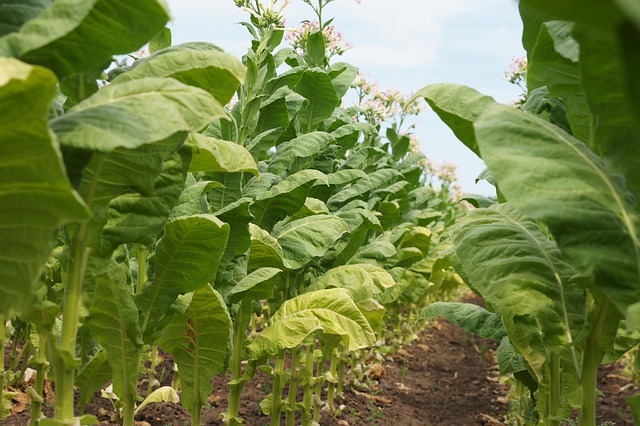The relentless march of deforestation is one of the most pressing environmental crises of our time, and at the heart of this disaster lies a lesser-discussed yet profound issue: harmful subsidies. These financial incentives, often implemented by governments to promote certain industries, paradoxically contribute to the devastation of our forests and, by extension, our planet.
In countries around the globe, subsidies are frequently provided to agriculture, logging, and fossil fuel industries without a clear understanding of their far-reaching consequences. For instance, when large sums are funneled into palm oil production, it ignites a vicious cycle of deforestation. Forests that play a crucial role in carbon sequestration are razed to make way for plantations, releasing stored carbon into the atmosphere and exacerbating climate change.
The environment suffers in countless ways. Biodiversity is threatened as habitats are destroyed; countless species face extinction while ecosystems are irreparably damaged. Furthermore, the loss of trees disrupts the water cycle, resulting in altered rainfall patterns and contributing to both floods and droughts. As forests disappear, so too does the natural barrier that protects various regions from climate impacts, heightening communities’ vulnerability to extreme weather events.
Harmful subsidies not only have a direct impact on the environment but also on local communities. People who depend on forests for their livelihoods find themselves grappling with increasing scarcity of resources, pushing them into poverty. This creates a perfect storm where economic desperation leads to further deforestation, perpetuating a cycle that seems impossible to break. It’s a heart-wrenching situation that demands urgent attention and action.
Moreover, the connection between harmful subsidies and climate change cannot be ignored. As forests vanish, their ability to absorb carbon dioxide diminishes, which is vital in the fight against global warming. The cumulative effect of these practices contributes significantly to rising temperatures that threaten the planet’s ecological balance. The reality is stark: the subsidies that are meant to stimulate economic growth are instead sowing the seeds of environmental degradation.
To combat these detrimental effects, a critical reevaluation of subsidy policies is necessary. Governments must be encouraged to redirect financial support toward sustainable practices that protect our forests, promote biodiversity, and foster climate resilience. The transition to eco-friendly alternatives may involve initial challenges, but the long-term benefits for both the environment and human health far outweigh the costs.
Raising awareness about the devastating impact of harmful subsidies on deforestation is essential. Advocacy and grassroots movements can pressure policymakers to wake up to the reality that the health of our planet is at stake. Through education and collective action, we can champion a world where economic development does not come at the expense of our forests and the invaluable services they provide.




